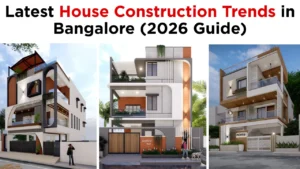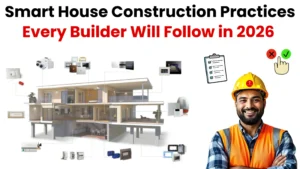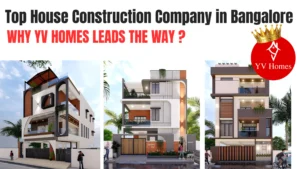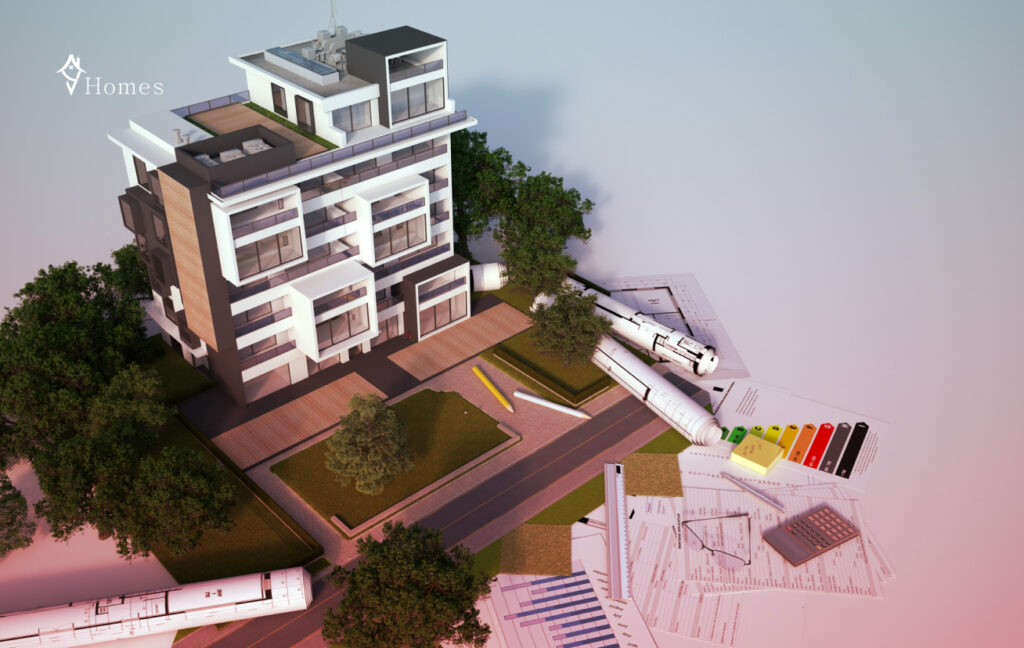
The Best Residential Architects in Bangalore
Residential architecture is the art and science of designing and constructing homes where people live. It goes beyond mere functionality, aiming to create spaces that are both aesthetically pleasing and comfortable. Residential architects in Bangalore must consider various factors such as the needs and preferences of the homeowners, the site conditions, and the local climate. A well-designed residence provides a sense of place and belonging, reflecting the personality and lifestyle of its inhabitants. It blends form and function harmoniously by a Residential Architect in Bangalore, ensuring that every inch of space is utilised efficiently while maintaining a cohesive design.
What is the purpose of optimising space planning in residential architecture?
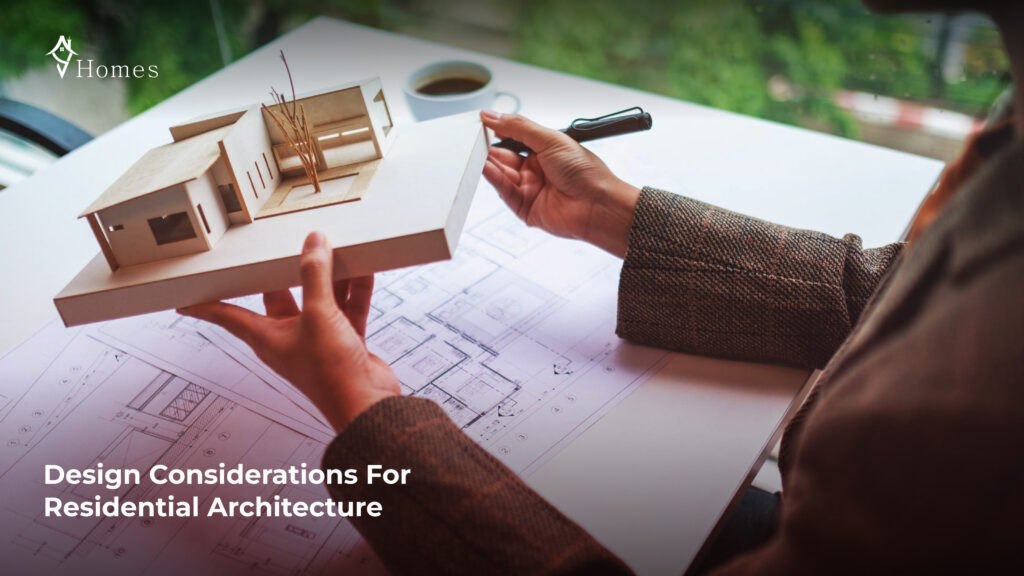
Residential architecture is the art and science of designing homes that balance functionality, aesthetics, and sustainability. Thoughtful planning ensures that a house meets the needs of its inhabitants while enhancing their quality of life.
Space planning is crucial, as well as optimizing room flow and usability. Open layouts foster connectivity, while zoned spaces provide privacy. Natural light and ventilation are essential, with large windows and strategic positioning reducing energy consumption. Sustainability plays a key role—using eco-friendly materials, passive cooling techniques, and energy-efficient designs contributes to environmental conservation.
Historical Evolution of Home Design and Architecture with YV Homes
The design of homes has evolved significantly throughout history, influenced by cultural, social, and technological changes. In ancient times, residential architecture was simple and utilitarian, with structures made from locally available materials. As civilizations progressed, homes became more complex and ornate, reflecting the wealth and status of their occupants.
The Industrial Revolution in India brought about significant changes in residential architecture, with the advent of new building materials and construction techniques. This period saw the rise of suburban neighbourhoods and mass-produced homes. In the 20th century, architectural styles diversified, with modernism, postmodernism, and various other movements leaving their mark on residential design.
Key Elements of Modern Residential Architects in Bangalore
Modern residential architecture emphasises simplicity, functionality, and the use of innovative materials and technologies. Open floor plans are common, promoting a sense of spaciousness and fluidity between rooms. Large windows and glass walls are often used to bring in natural light and connect the interior with the outdoors.
Sustainability is also a crucial element, with Residential Architect in Bangalore ,incorporating energy-efficient systems, renewable energy sources, and eco-friendly materials. The design often includes flexible spaces that can adapt to the changing needs of the occupants, ensuring that the home remains relevant and functional over time.
Sustainable and Eco-Friendly Practices

Sustainability in residential architecture involves designing homes that minimise their environmental impact. This includes using energy-efficient appliances, installing solar panels, and incorporating natural ventilation systems. Green building materials, such as recycled wood and non-toxic paints, are also essential components of eco-friendly homes.
Water conservation is another critical aspect, with features like rainwater harvesting systems and low-flow fixtures becoming increasingly common. Sustainable homes also prioritise indoor air quality by using ventilation systems that reduce pollutants and allergens.
The Role of Technology in Residential Architecture
As technology advances, it plays an increasingly significant role in shaping residential architecture. Smart home technologies allow for automated control over lighting, heating, security systems, and appliances. This integration not only enhances convenience but also contributes to energy efficiency by optimising resource use based on real-time data.
Moreover, advancements in building materials—such as high-performance insulation or smart glass—enable architects to create homes that are not only beautiful but also highly efficient in terms of energy consumption. The incorporation of these technologies reflects a growing trend towards creating living environments that are responsive to both human needs and environmental considerations.
The Future of Residential Architecture in Bangalore
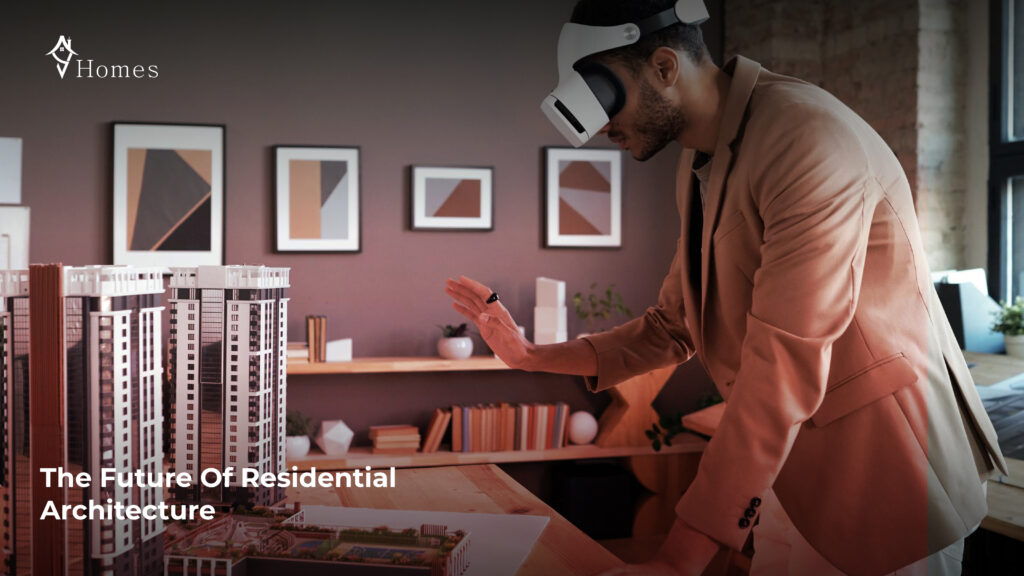
The future of residential architecture is likely to be shaped by advancements in technology, changing lifestyles, and increased environmental awareness. Smart homes equipped with automated systems for lighting, heating, and security are becoming more prevalent, offering convenience and energy savings. As urbanisation continues, there is a growing need for innovative solutions to housing shortages, such as modular and prefabricated homes. Additionally, the focus on sustainability will intensify as architects explore new ways to create net-zero energy homes and communities that prioritise ecological balance and human well-being.
Are You Looking for Residential architects in Bangalore to map out your dreams into a functional home, YV Homes can help. YV Homes is the premier Residential Architecture firm in Bangalore.



